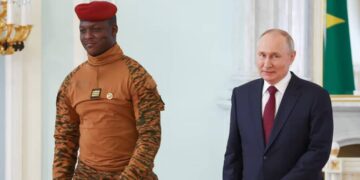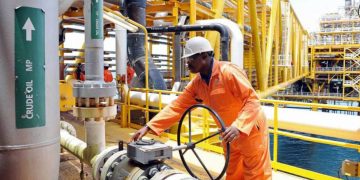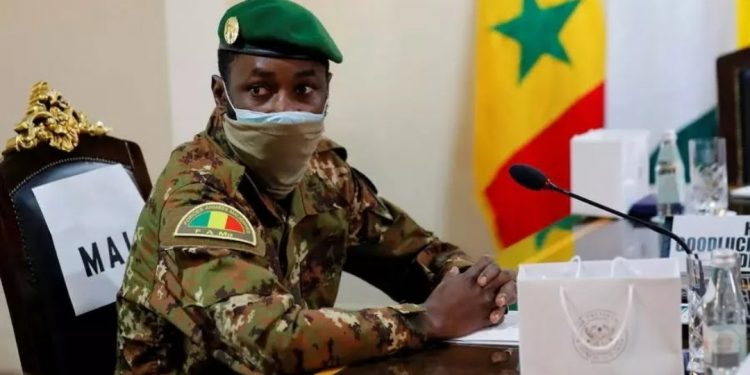By John Ikani
A four-day forum in Bamako charged with recommending a timetable for a return to civilian rule has concluded that polls scheduled for February should be delayed by between six months and five years due to security issues.
Mali has been suspended from ECOWAS, which also imposed sanctions on the military rulers after a second coup last May, with a threat to apply more pressure unless the Bamako Government came up with a transition timetable for the planned February 2022 elections by 31 December 2021.
Mali’s Transitional Government initially agreed to hold elections in February 2022, 18 months after an army faction led by Colonel Assimi Goita overthrew President Boubacar Ibrahim Keita.
But Col Goita’s Government now says it will only unveil a new timetable by January 2022 based on the recommendations of the National Conference.
After three weeks of discussions at a regional and national level, the 1,600 delegates at the National Conference on Reform in Bamako recommended elections be delayed by at least six months and up to five years.
According to diplomatic sources, the Bamako Government is expected to transmit the 46-page National Conference Report with the recommendations to the chair of ECOWAS Authority and Ghana’s President Nana Akufo-Addo.
While the suggestion of a five-year transition could be considered an extreme position, elections in February 2022 are neither realisable.
ECOWAS might therefore have to settle for a delay of the Mali political transition programme within the range of 12 months.
The Government said it would take the recommendations and decide on a new election calendar by the end of January.
A member of Goita’s entourage said a delegation would be sent to Ecowas to present the planned timetable.



































